If you’ve been keeping track, you already know that we really liked what Microsoft has done in its expansive follow-up to the original The Outer Worlds from 2019. The Outer Worlds 2 is a solid sequel that builds on the premise and gameplay of its predecessor to bring us an RPG that was quite immersive and surprisingly deep. Bringing wit, charm, and a sense of wonder to Arcadia, this was a game that reeled us in with its opening act and had us burning the midnight oil as we got lost in its many questlines.
But that’s not to say it didn’t have its flaws, which only become evident after you spend a sizable chunk of time exploring the massive world it brings you to. But thankfully, those are few and far between, and dare we say even a tad subjective! With that being said, it’s time to dive in and see what worked – and what didn’t – during our time in Arcadia.
Liked: A Sense of Freedom
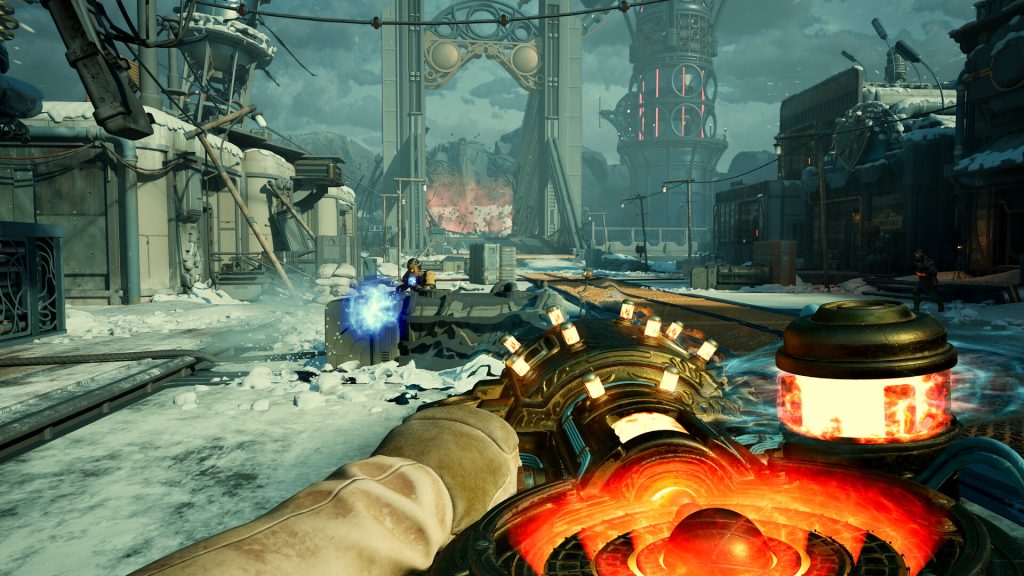
While it may not be evident when you’re setting up your character, despite the dearth of options to tweak your protagonist to your liking, you’re not really locked into a specific playstyle over the course of your adventure. It’s always possible to take your character’s arc in an entirely new direction thanks to mechanics that we’re going to explore in just a minute.
How you interpret the narrative threads coming your way is entirely up to you, even within the main story’s fixed framework, and the game cleverly offsets the lack of a respec option via the skills and perks on offer. For instance, you might favor improving your gunplay for the most part, but decide that simply shooting your way through every situation doesn’t really fit the way you want to progress your adventure.
You’re more than free to pivot by investing a few points into conversational skills, unlocking more options for you to talk your way out of trouble, or even find that you have other choices at your disposal if you’ve uncovered enough information to make that a possibility. It makes the entire experience feel authentic, and that sense of freedom underlines everything you can do in the game.
Liked: The World
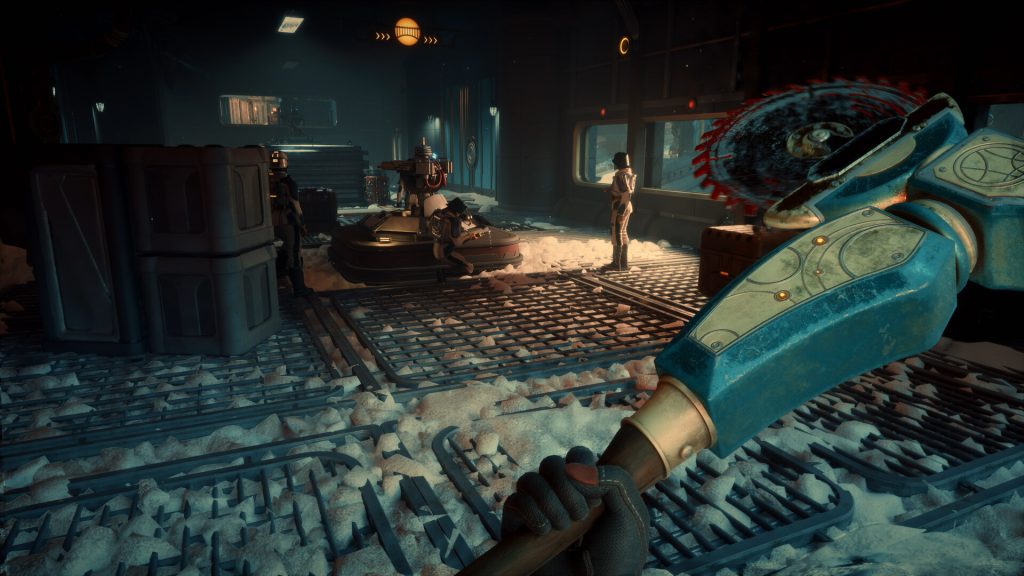
You know that we love our worlds. Keeping in line with the freedom you’re given with regard to your character arc, Arcadia is among the most explorable worlds we can remember in recent times.
For starters, there’s something to discover in nearly every nook and cranny, be it new gear or weapons, currency, or even the possibility of entire questlines squirreled away in a house. Every discovery has the potential to lead you to hours of new content in a way that’s presented quite organically, and gives the impression of a living, breathing world.
And the quality of the world’s content makes getting the chance to encounter more of it quite rewarding to those among you who don’t like leaving even a square inch of a sprawling map untouched. Arcadia wants you to uncover everything it has to offer, and rewards you when you try.
Disliked: Things Get A Tad Overwhelming
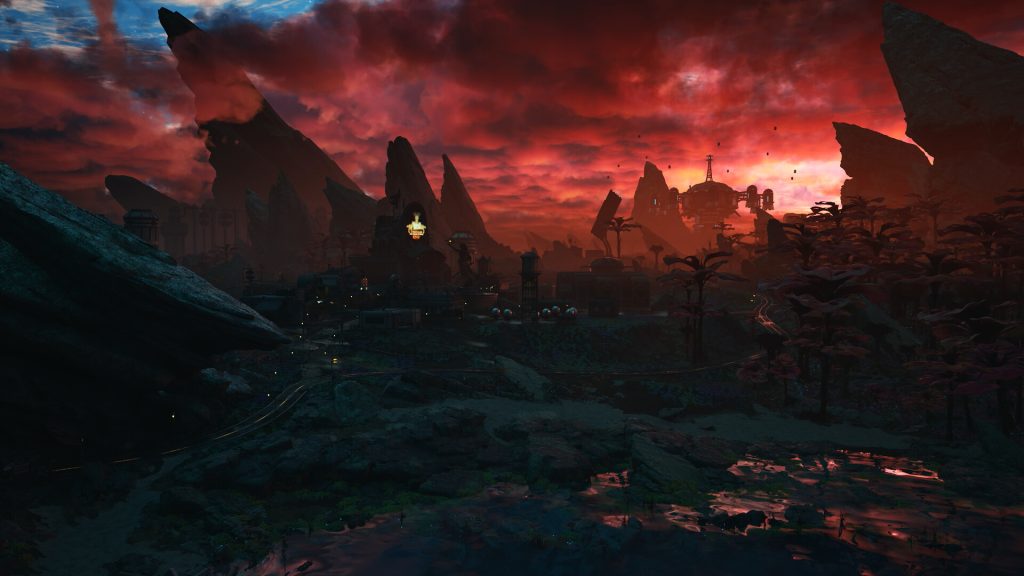
Although we welcomed Arcadia’s world with, well, open arms, too much of a good thing could become a disadvantage. We couldn’t help but feel overwhelmed at the sheer amount of activities, quests, and content that came at us every time we explored a new area.
While that isn’t too much of a bad thing in and of itself, the game’s codex wasn’t all too great at helping us keep track of what we were supposed to do on each questline, since many of the clues we were given required that we listen and observe the world around us. That’s a great way to keep players invested, no arguments there.
But it wouldn’t have hurt to have some way to track objectives, considering just how many of them came our way at a pace that was both thrilling yet had to be properly processed. We get that this is a subjective opinion, though, and that some of you would smile at the chance to truly immerse yourself in Arcadia’s many mysteries. To each their own, we’d say.
Liked: Your Choices Carry Weight
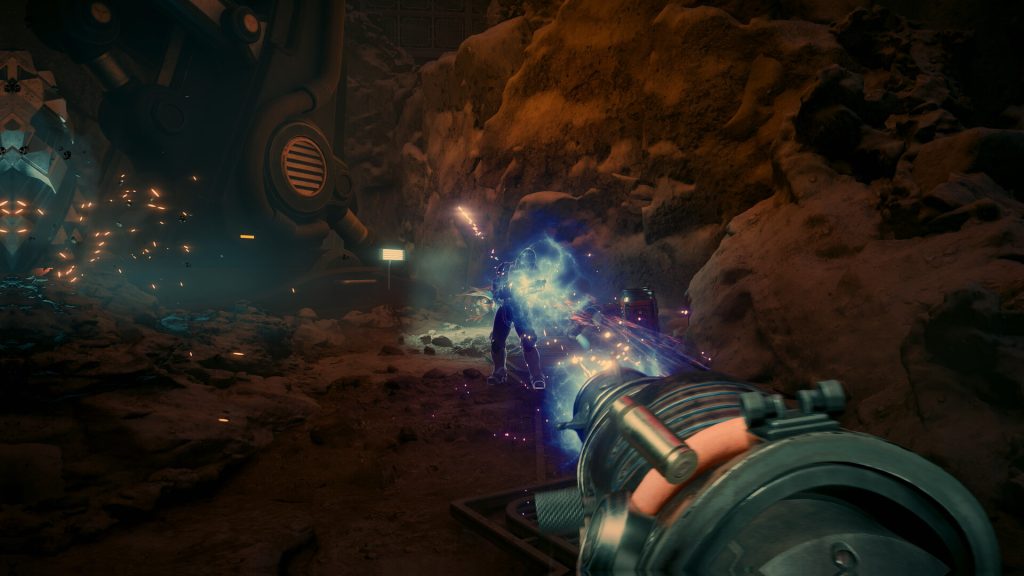
This one builds on the point we made about how the game gave us a sense of freedom, as having the option to really influence the world based on our actions was a layer of immersion that made us feel like we really were a part of it instead of a stranger just passing through.
Your character’s choices, and by extension the way you’ve chosen to build them and foster relationships with various factions and characters, can influence how you navigate new areas and quests based on who you happen to meet and interact with along the way.
It helps that your attributes play a role in how those interactions go. For us, the conversation skill tree and gambler perk were great at introducing a little luck into the mix, making outcomes unpredictable and adding tension to conversations where things could go south if we picked the wrong choice.
An RPG that makes your character feel like an impactful presence in the world they inhabit is always a good thing in our book.
Disliked: The Companions Could Have Been Better
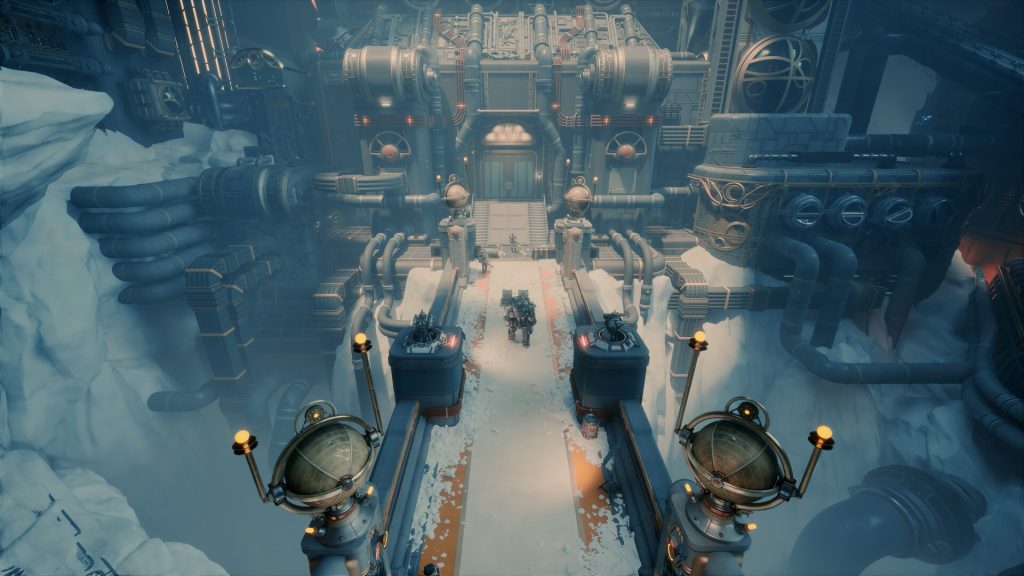
Don’t get us wrong, the companions accompanying us on this spectacular adventure were quite well-written and fleshed out in comparison to the original game. Their individual questlines were interesting enough to make us want to complete them and learn more about their motivations and how their stories turned out.
But we couldn’t shake the feeling that they could have been so much more. They did come off a bit bland, and none of them truly stood out. That’s a stark contrast to everything else in the game, in which everything vies for your attention all the damn time. It’s kind of a pity that the most important characters on our journey felt like they deliberately took the backseat in comparison.
Liked: The Skills and Perks
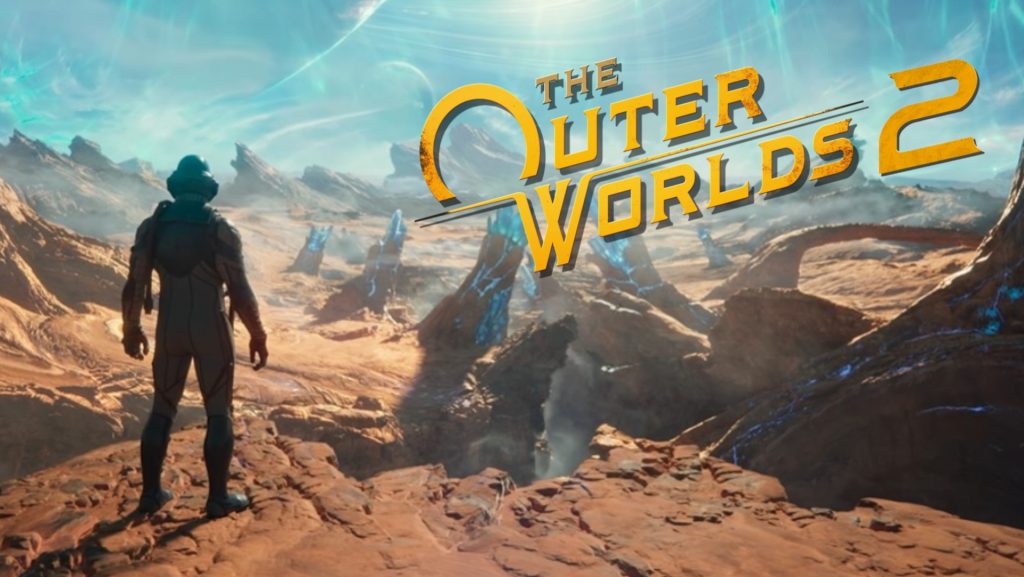
We’re getting to the meat of what made this RPG click for us. The Skill and Perks system was miles ahead of the tried and tested upgrade method of dumping earned experience points into attributes that would increase and perhaps decrease your stats.
The Skills were varied enough to begin with, while the Perks felt like nuanced touches that really gave our character weight, with noticeable effects that influenced how we could approach varying situations in the game. And, of course, the Flaw system was a very interesting touch since it’s not every day you’re asked to take on a debuff in return for an advantage as a sort of trade-off.
It brought the scope and space for some insane build variety that could very well have you diving right back in for another playthrough, which could give you an entirely different experience depending on your choices.
Liked: The Gear and Loot
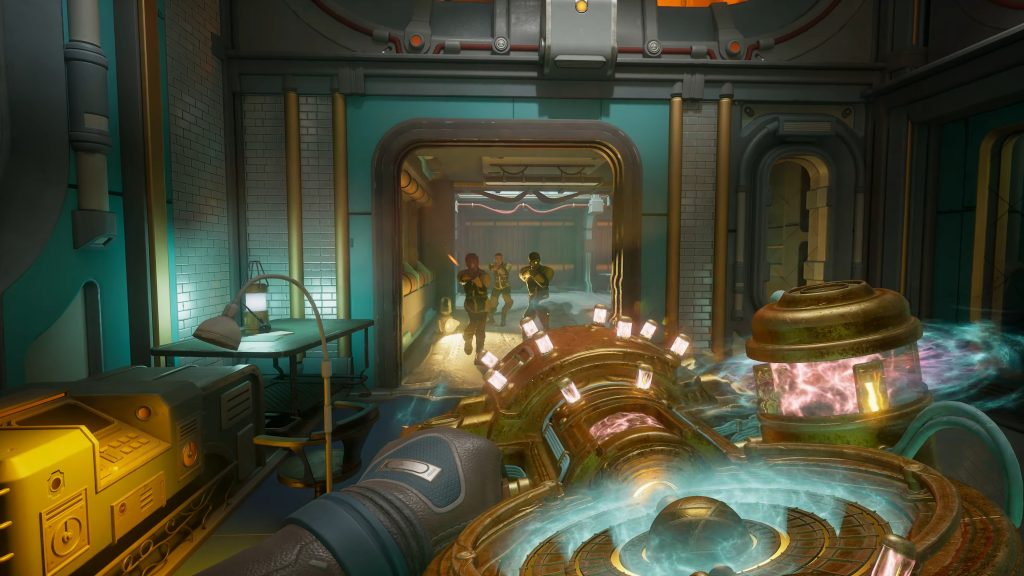
Just like Skills and Perks, the gear we found as we went about our adventure was another layer of immersion and improved on the already excellent build variety that the game pushes forward. It helps that each piece of gear was interesting enough to warrant trying it out, and having pieces that provided perks based on their brand was a great touch in a game about corporations and their shenanigans.
That extends to the weapons we picked up, since each gun and gadget felt great to use while we were out and about.
Liked: Combat

Building on the point about guns being fun to use, the game’s combat was a major step up from its predecessor and was among the reasons we got to enjoy shooting our way out of irksome scenarios. There’s enough challenge to warrant paying attention to your build and eking out every advantage you can get, even on Normal difficulty, which is another feather in the game’s cap.
Building synergies was fun without being a chore, which definitely adds to the allure on offer in this experience.
Liked: An RPG Through and Through
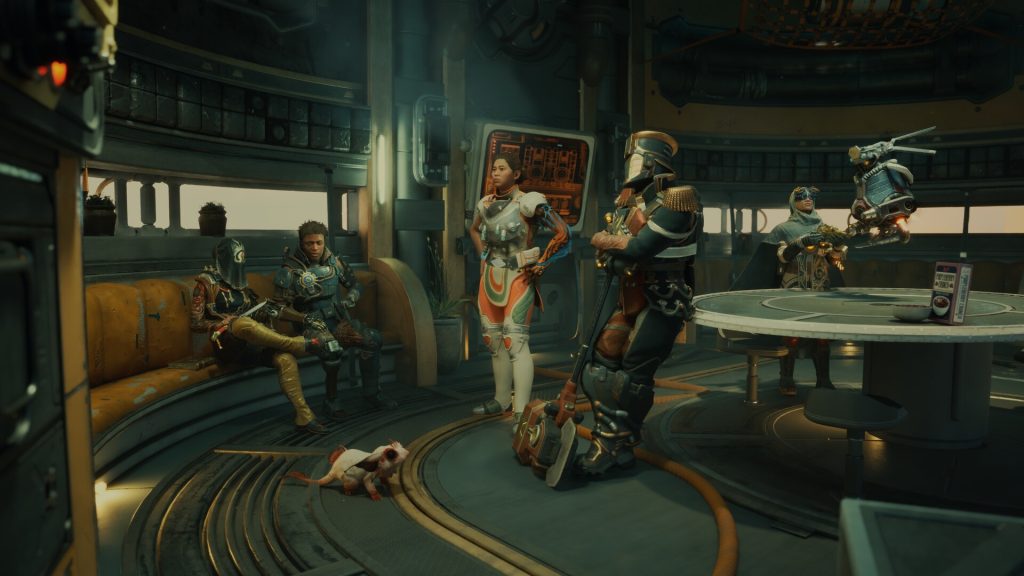
Both the story and exploring the world gave us that sense of freedom we’ve been so enthusiastic about, with multiple ways to deal with situations and several possible outcomes keeping us invested in our own role in the game.
The Reputation system was an important part of that, and we found that we actually cared what the people we met thought about us. It made Arcadia feel like it was just humming with opportunities for us to further extend our influence in it, while being careful to navigate fragile relationships in a way that made us forget to look at the clock.
That’s always brilliant in any game, and an absolute delight in an RPG.
Liked: The Serious Tone
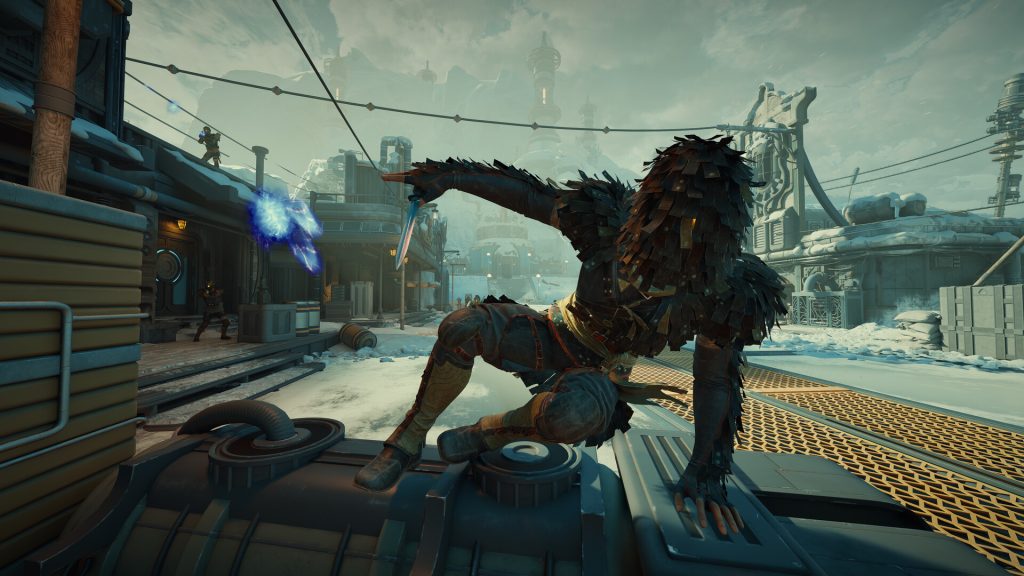
The game leans decisively into a serious register, raising the stakes so the story carries greater weight. We found ourselves more invested in getting things right, often pausing to consider the consequences of our choices lest we trigger outcomes we’d later regret. It’s a delicate balance the game strikes with confidence, and it’s stronger for that commitment to a graver tone.
And there you have it. That’s our take on what The Outer Worlds 2 got right and what it could have done better. Are there things about the game you think deserve a shout-out? Let us know in the comments!

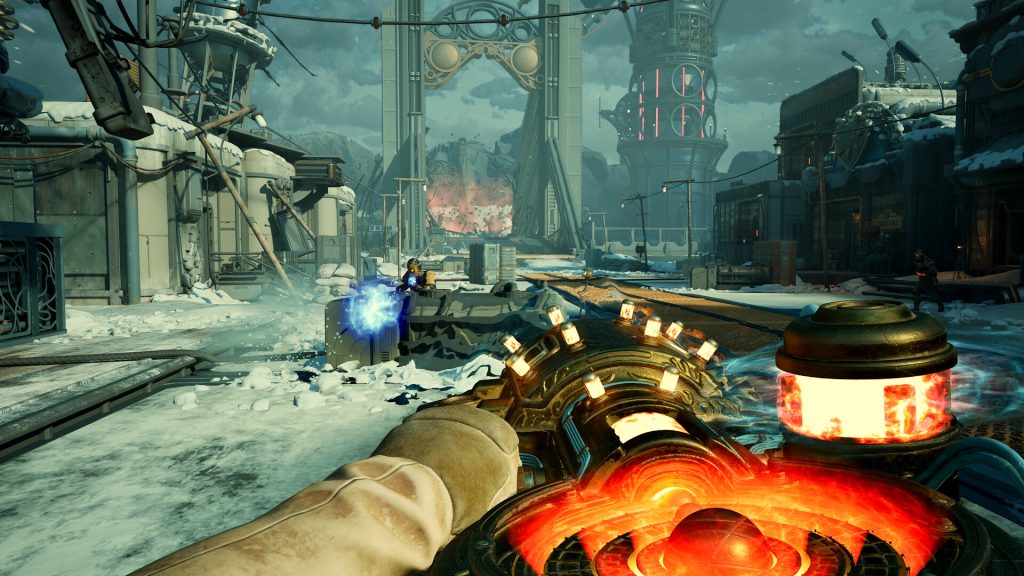


Great overview of Outer Worlds 2! It’s always interesting to see what new elements are working well and where improvements can be made. Looking forward to hearing more about the game as it develops!
Thanks for your comment! I agree, it’s exciting to see how the new gameplay mechanics enhance the overall experience. It will be interesting to see if they maintain the balance between humor and storytelling that made the first game so engaging.
Absolutely, the new gameplay mechanics do bring a fresh dynamic to the experience. I’m also intrigued by how the storytelling has evolved, as it seems to blend humor with deeper themes more effectively this time around. It’ll be interesting to see how players respond to that!
I agree, the new gameplay mechanics definitely add an exciting layer to the game. I’m also intrigued by how the storytelling seems to evolve with player choices, which could lead to some unique experiences. It really feels like the developers are focused on enhancing player agency this time around!